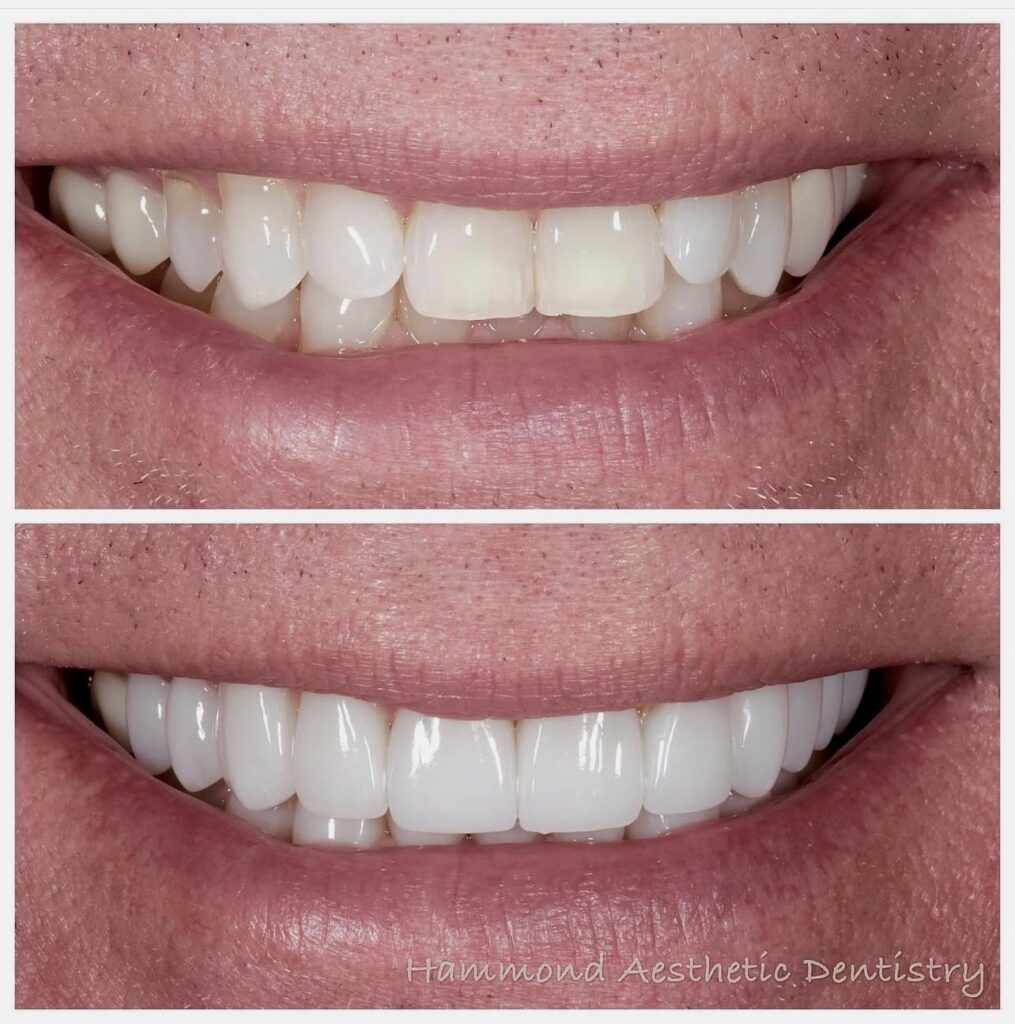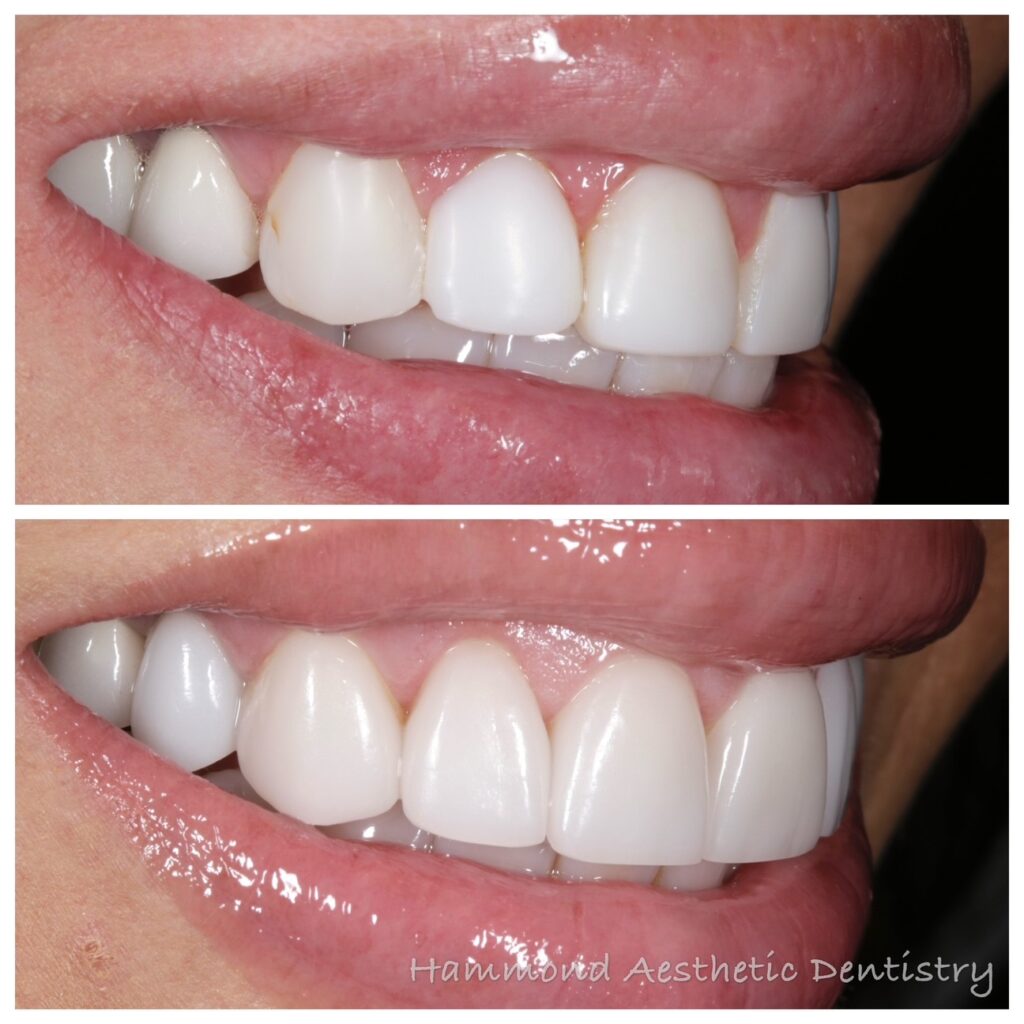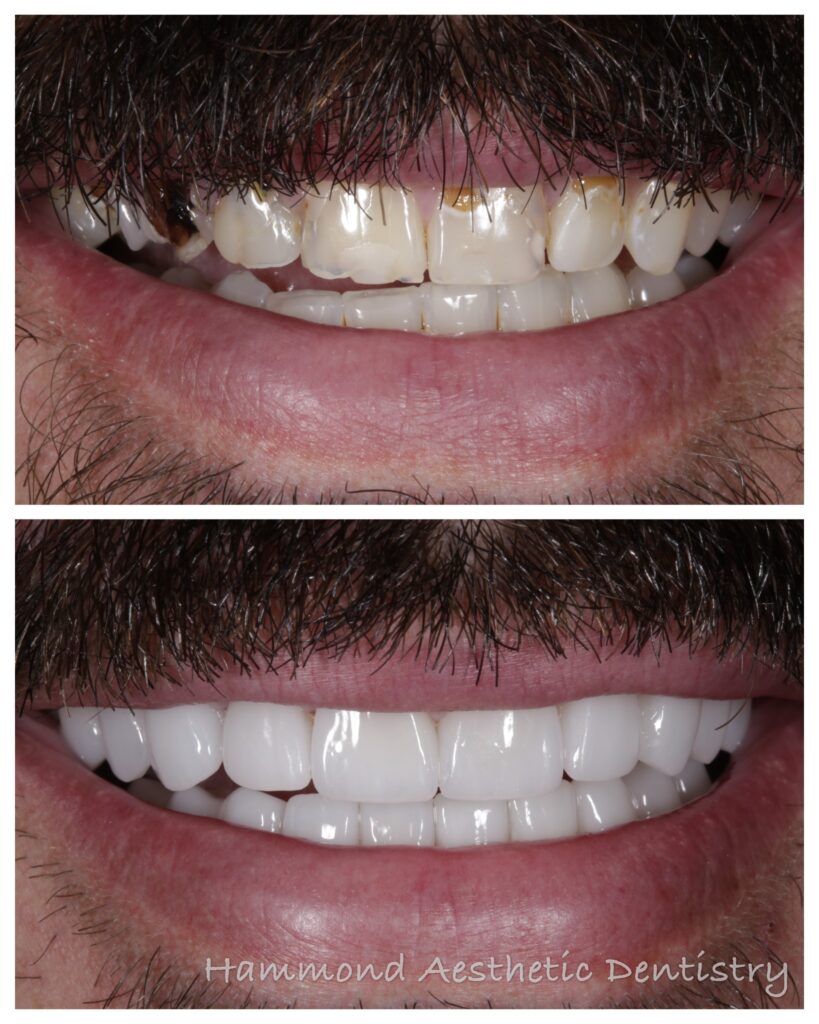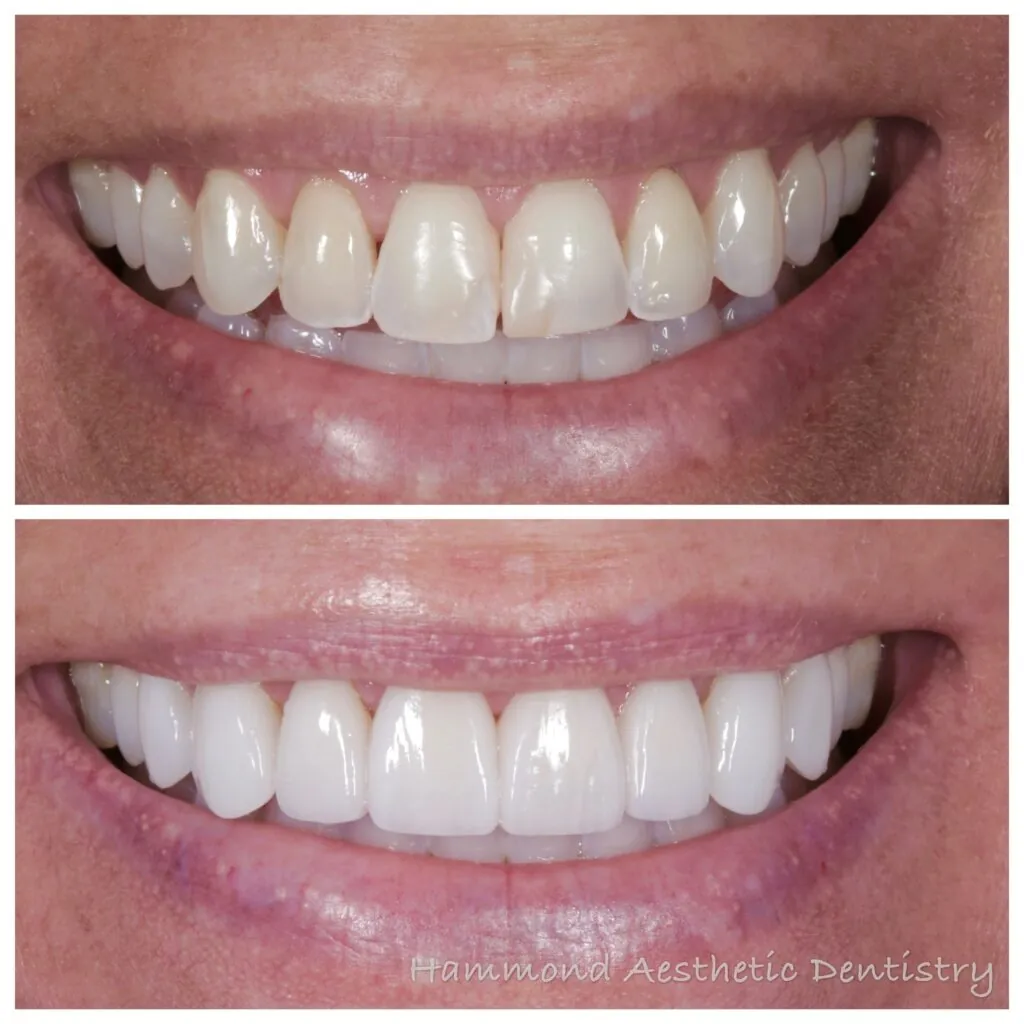Cancer Therapy Can Cause Tooth Decay, Other Oral Problems
Of the more than 1 million Americans who will be diagnosed with cancer in the next year, about 40 percent, or 500,000, will develop serious oral complications as the result of their treatment. Now, an educational arm of the Academy of General Dentistry is launching a campaign to educate physicians, nurses, dentists, medical and dental technicians, and patients about the treatment benefits of preventive dental care.
Cancer therapies such as radiation, chemotherapy, and bone marrow transplantation have become more powerful and therapeutically successful in the past 10 years, yet the cancer-fighting treatments can affect healthy tissues, as well. The mouth is a frequent site of acute and chronic side effects.
The Academy of General Dentistry Foundation, which promotes continuing dental education, is spearheading this educational initiative to ensure patients receive adequate oral health care during cancer treatment. “Oral complications are cited as the single most common cause of the interruption and premature termination of treatment regimens for cancer patients,” according to J. Gordon Wright, DDS, FAGD, an Academy trustee and Foundation board member. “Therefore, the oral complications of cancer therapy have the potential to adversely affect treatment outcomes, cancer prognosis, and quality of life for millions of patients.”
Oral complications such as rampant dental decay; salivary gland dysfunction, which leads to dry mouth; and mouth sores are painful, diminish the quality of life, and may lead to significant compliance problems. According to figures from the National Institutes of Health (NIH), oral complications occur in almost all patients receiving radiation of head and neck malignancies, in more than 75 percent of bone marrow transplant recipients, and in nearly 40 percent of patients receiving chemotherapy.
According to recent studies, pretreatment therapy for oral complications can positively affect the outcomes of cancer treatment.
“The Academy urges that all members of the cancer treatment team should be fully informed of the treatment plan, with oral care initiated at the outset of cancer treatment,” states Sandra A. Kilkuts, DMD, FAGD, Foundation board member.
The Academy recommends the following pretreatment strategies for all cancer patients:
Contact your general dentist
Schedule oral examination before initiation of cancer therapy
Treat all pre-existing oral disease
If you or someone you know is undergoing cancer treatment or suffering oral complications from cancer therapy and does not have a regular dentist, please call 1-877-292-9327 to locate a general dentist in your area.
The Foundation was established in 1972 to complement the work of the Academy of General Dentistry, an international dental organization with 36,000 members. As members, these dentists are dedicated to continuing dental education to ensure the best possible care for patients. For more information, please visit www.agd.org.





